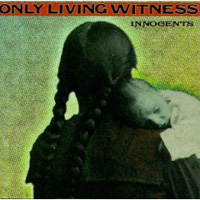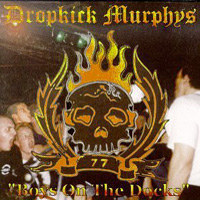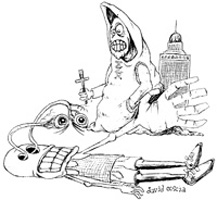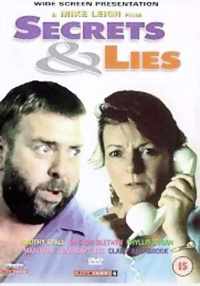 Mike Leigh
Mike Leigh
An interview
by William Ham
As a renowned playwright and filmmaker, Mike Leigh has assiduously sought to bring a strong dose of complex truth to media too often distinguished by counterfeit visions of humanity. So it’s not surprising that, in person, he retains a very English sort of polite straightforwardness – no convoluted intellectual/ego games for this man. Especially when discussing his films. “Because [Secrets and Lies] is about identity, about what we are, who we are, images real and fake, in all kinds of ways I’ve tried to make the question of seeing resonate throughout the film. Casting Maurice as the photographer and Hortense as an optometrist, in the simplest, crudest, and most unprofound way, represents what the film is about.” Recently, the director talked about the secrets that lie within his celebrated style of fictional verité with a motley (thanks to my leather-jacketed, unshaven presence) band of journalists, excerpts of which can be seen immediately following this paragraph.
Your style of filmmaking – developing the characters, having the actors improvise as those characters for several weeks, then writing the script and filming it – is quite well known by now. Do plot elements and character traits emerge while you’re making the film?
Yes, lots. The thing is, my methods are quite unexceptional. In any medium, including what you do, all art is a synthesis of improvisation and order. You explore, investigate, travel down different routes and paths, you open things up, distill, organize, change, revise – that is the creative process. Things get invented and revised all the way down the line, basically.
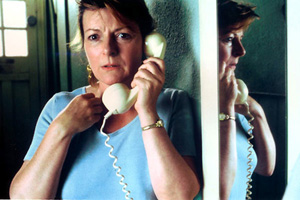 Did you use actual locations – the houses, the café, the photo studio?
Did you use actual locations – the houses, the café, the photo studio?
No, we made the photo studio. It was this empty shop that at one time had been a post office or something and it was just there, empty, so the production designer and I rigged it up as you see it in the film. And immediately, people started coming in and ordering wedding photos! There was one point where we were rehearsing a scene outside the studio and this car screeched to a halt and this very aggressive, rather attractive Greek Cypriot girl with long black hair rushed in and said “Who’s in charge?” And we said, “I’m very sorry, it’s not real.” And she said, “WHAT?” I said, “It’s not a real shop, it’s a film set.” And like anyone else in the suburbs, she just wouldn’t have it. A lot of people kept doing that until finally we had to post someone outside to say “It’s not real, please go away.”
Funnily enough, the guy who owned the place, who also owned a frock shop across the road, came in and had a look. He ended up taking it over after filming had ended and now it’s an actual photo studio and the guy’s making a fortune! So it’s life imitating art, it’s fantastic.
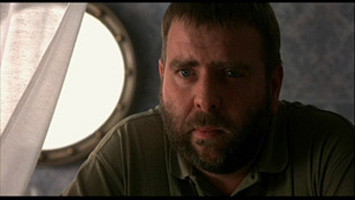 Your style of filmmaking runs so counter to the prevailing logic of commercial cinema – are there any “mainstream” films that you like?
Your style of filmmaking runs so counter to the prevailing logic of commercial cinema – are there any “mainstream” films that you like?
Oh, absolutely. I loved Pulp Fiction. I think it’s a great film and I resonated with it in a lot of ways. I like what [Tarantino] does, his whole spirit and style. On the other hand, I think probably I would go so far to say that the worst film I’ve ever seen since the first one (and that was a long time ago) was Independence Day. Really, I thought it was just a pile of unmitigated shit.
But I do think it’s important to enjoy stuff that’s not necessarily what you do, although I would suggest that I’m as audience-conscious and concerned about entertain-ing as anyone making films. But it’s not about following formulae, it’s about creating a reality and then being interesting with it.
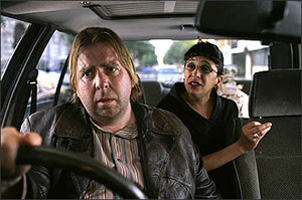 You’ve kept certain things, like the identity of Hortense’s real father, unknown. Do your actors know these things? Did Brenda herself know?
You’ve kept certain things, like the identity of Hortense’s real father, unknown. Do your actors know these things? Did Brenda herself know?
Oh, she knew. We decided together long before, when we were in the process of writing the film. Everything, all the back story of everybody is very firmly defined. I made it so she really couldn’t, within the time frame of the film, tell Hortense the truth, but by the end you kind of know she’s going to tell her fairly soon. One of the reasons is that, from the character’s point of view, it was an experience that could be forgotten but it was obviously not a particularly positive experience or she wouldn’t have a problem talking about it. And it also occurred to me that, were we to publish it at the end of the film, whatever it was, it’s a negative experience with a black guy, and to introduce that would be counterproductive to the thrust of the film. There’s far too much social baggage that goes with that. But yeah, Brenda knows. I know. And I’m not going to tell you.
There’s a school of criticism that basically states that you’re actually exploiting your characters by the way you present them. What is your response to that?
I think it’s rubbish, basically. I consider that patronizing. I was thinking about it earlier, in fact – I was looking at that photograph (gestures to a framed print of the famous picture depicting a packed theatre watching a 3-D movie) and I thought, well, there’s two ways you can interpret that. Is that photograph celebrating the human condition and showing all of these individuals sharing this experience or is it taking the piss out of these people by showing how ridiculous they look with these glasses on? I like to think it’s a photograph about us and what we get up to, a celebration. That really is the bottom line. And if people choose to perceive what I do in those terms, that’s their problem, not mine or, I hope, yours.

